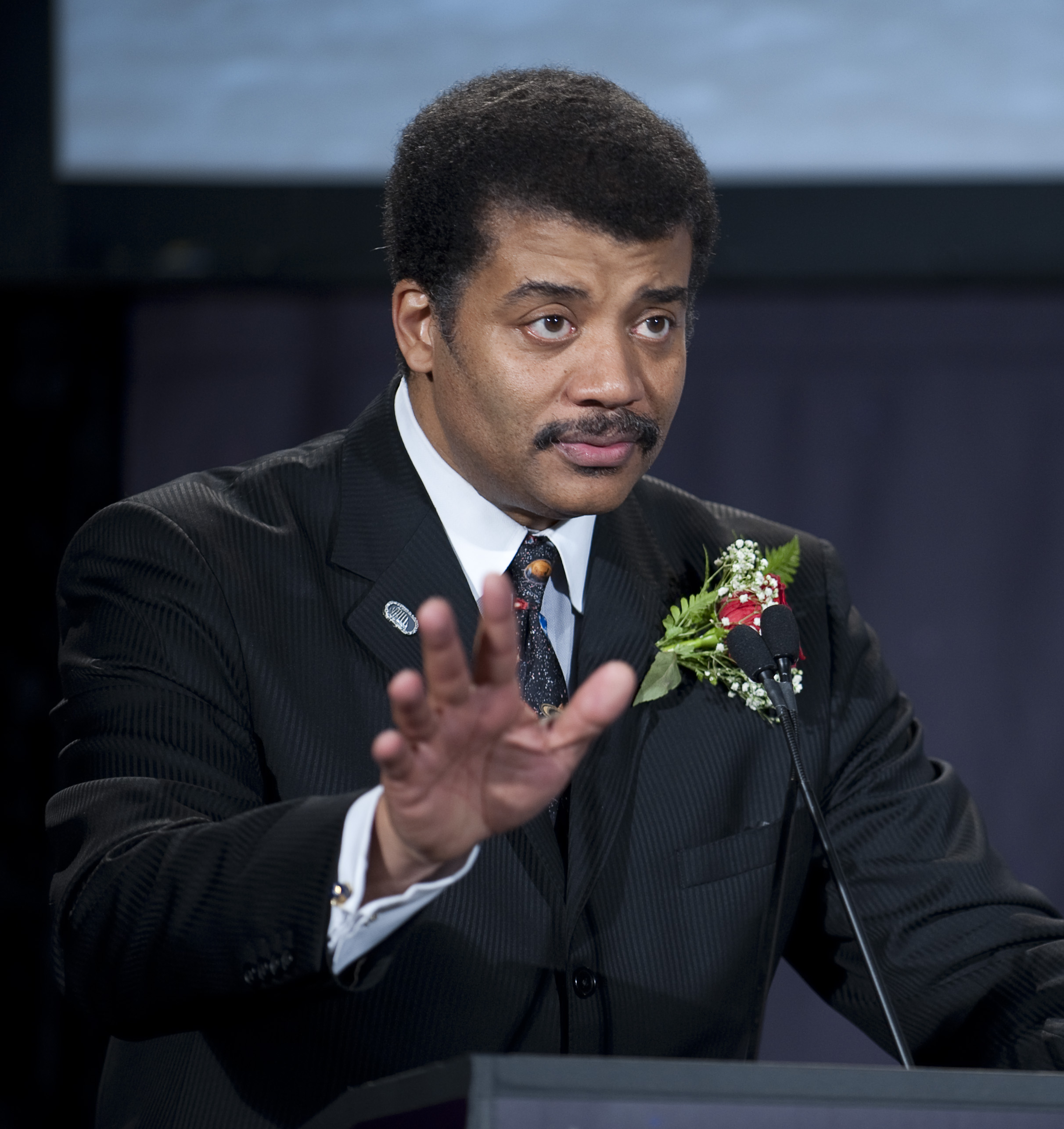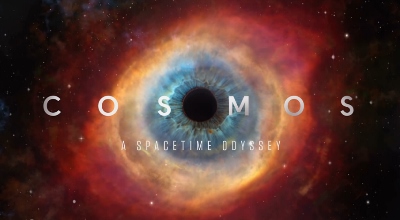As most of you know, I love science. Since I was a child I have never been able to satiate my hunger to learn about our natural world and how it functions. I devour science texts and fill up the DVR with numerous documentaries.
One of my all time science heroes has always been Carl Sagan. His name is synonymous with science education, skepticism and the forefront of scientific exploration. He wrote numerous books on subjects ranging from astronomy to debunking the paranormal. Part of me has miss him of late, and I have been rediscovering his writing as I try to find and read his more than 20 books. But other than his novel Contact, basis for the Jodie Foster film of the same name, and his controversial non-fiction works like The Demon-Haunted World, Sagan is mostly known to a specific generation for his his long running tv series Cosmos.
The 13-part series which has aired numerous times since its debut on public television in 1980, was an incredibly deep exploration of one man's personal voyage through the world of science. The series explored the topics of alien life, the history of astronomy and even the question of who we are and where we came from. It has been the inspiration for a thousand science documentaries since.
 Long after the success of his many books, films and copious awards, Carl Sagan died of pneumonia in 1996. Since then there have been few to rival the charisma of the great science presenter. That is until I met Neil deGrasse Tyson. Tyson emerged on the science scene as a humorous bellowing voice and a jovial sense of entertainment to rival his personal friend Bill Nye. Both were students and friends of Sagan and were counted among the many members of the growing society of Skeptics. I have enjoyed Tyson's many documentaries, his television appearances, but mostly his long running podcast. Tyson has quickly grown to fill that void left by the passing of Sagan.
Long after the success of his many books, films and copious awards, Carl Sagan died of pneumonia in 1996. Since then there have been few to rival the charisma of the great science presenter. That is until I met Neil deGrasse Tyson. Tyson emerged on the science scene as a humorous bellowing voice and a jovial sense of entertainment to rival his personal friend Bill Nye. Both were students and friends of Sagan and were counted among the many members of the growing society of Skeptics. I have enjoyed Tyson's many documentaries, his television appearances, but mostly his long running podcast. Tyson has quickly grown to fill that void left by the passing of Sagan.
The reason I am bothering to write and share all this is that starting next month on March 9th, Neil deGrasse Tyson will be presenting a new series on television. Cosmos: A Space-Time Odyssey will act a follow up to Sagan's personal voyage. Presented by Tyson, with the help of Sagan's widow and the co-creator of the original series, I have no doubt the series will present a wealth of scientific knowledge in an intriguing and entertaining manner (despite my initial worries that the show will air on FOX rather than public television).
I hope all those televisionally connected, or with reasonable access online, will tune in to see how Sagan's legacy is continued in the new millennium. An era of decreased scientific literacy, shows like this give a new hope for the future.
One of my all time science heroes has always been Carl Sagan. His name is synonymous with science education, skepticism and the forefront of scientific exploration. He wrote numerous books on subjects ranging from astronomy to debunking the paranormal. Part of me has miss him of late, and I have been rediscovering his writing as I try to find and read his more than 20 books. But other than his novel Contact, basis for the Jodie Foster film of the same name, and his controversial non-fiction works like The Demon-Haunted World, Sagan is mostly known to a specific generation for his his long running tv series Cosmos.
The 13-part series which has aired numerous times since its debut on public television in 1980, was an incredibly deep exploration of one man's personal voyage through the world of science. The series explored the topics of alien life, the history of astronomy and even the question of who we are and where we came from. It has been the inspiration for a thousand science documentaries since.
 Long after the success of his many books, films and copious awards, Carl Sagan died of pneumonia in 1996. Since then there have been few to rival the charisma of the great science presenter. That is until I met Neil deGrasse Tyson. Tyson emerged on the science scene as a humorous bellowing voice and a jovial sense of entertainment to rival his personal friend Bill Nye. Both were students and friends of Sagan and were counted among the many members of the growing society of Skeptics. I have enjoyed Tyson's many documentaries, his television appearances, but mostly his long running podcast. Tyson has quickly grown to fill that void left by the passing of Sagan.
Long after the success of his many books, films and copious awards, Carl Sagan died of pneumonia in 1996. Since then there have been few to rival the charisma of the great science presenter. That is until I met Neil deGrasse Tyson. Tyson emerged on the science scene as a humorous bellowing voice and a jovial sense of entertainment to rival his personal friend Bill Nye. Both were students and friends of Sagan and were counted among the many members of the growing society of Skeptics. I have enjoyed Tyson's many documentaries, his television appearances, but mostly his long running podcast. Tyson has quickly grown to fill that void left by the passing of Sagan.The reason I am bothering to write and share all this is that starting next month on March 9th, Neil deGrasse Tyson will be presenting a new series on television. Cosmos: A Space-Time Odyssey will act a follow up to Sagan's personal voyage. Presented by Tyson, with the help of Sagan's widow and the co-creator of the original series, I have no doubt the series will present a wealth of scientific knowledge in an intriguing and entertaining manner (despite my initial worries that the show will air on FOX rather than public television).
I hope all those televisionally connected, or with reasonable access online, will tune in to see how Sagan's legacy is continued in the new millennium. An era of decreased scientific literacy, shows like this give a new hope for the future.


1 comment:
You're likely already aware, but the soundtrack to Cosmos (titled The Music of Cosmos) is exceptionally good!
Post a Comment